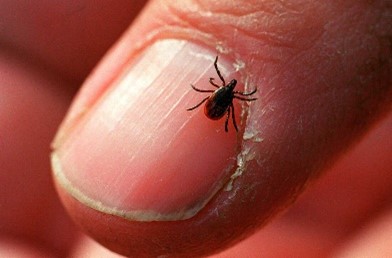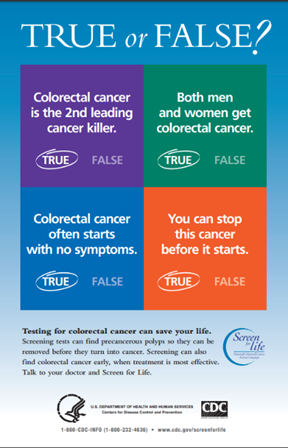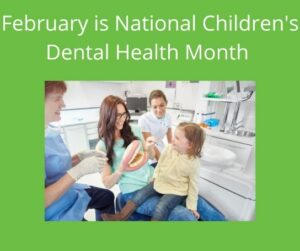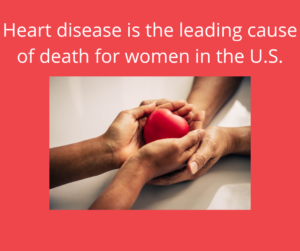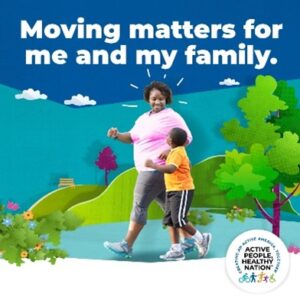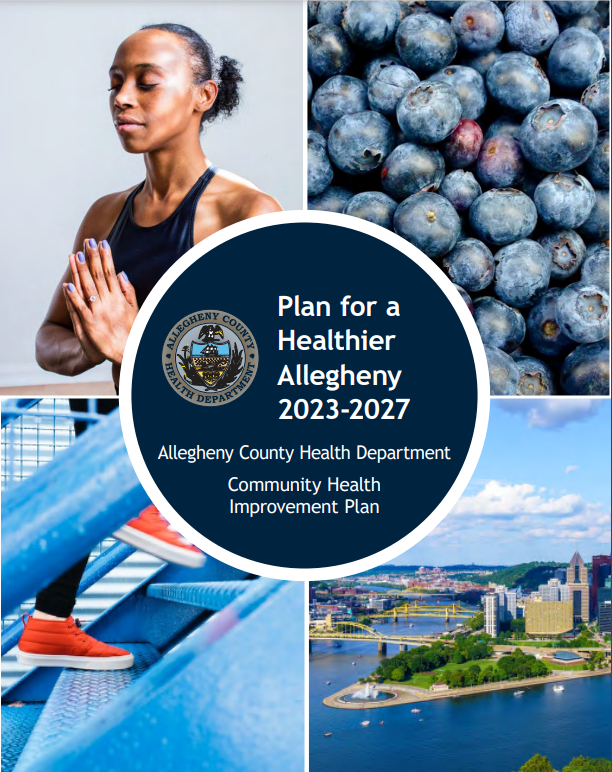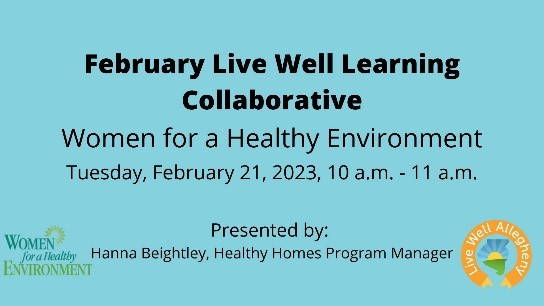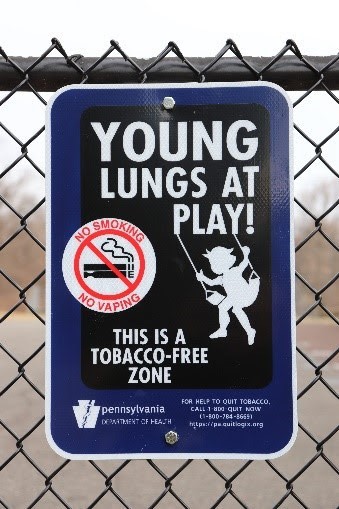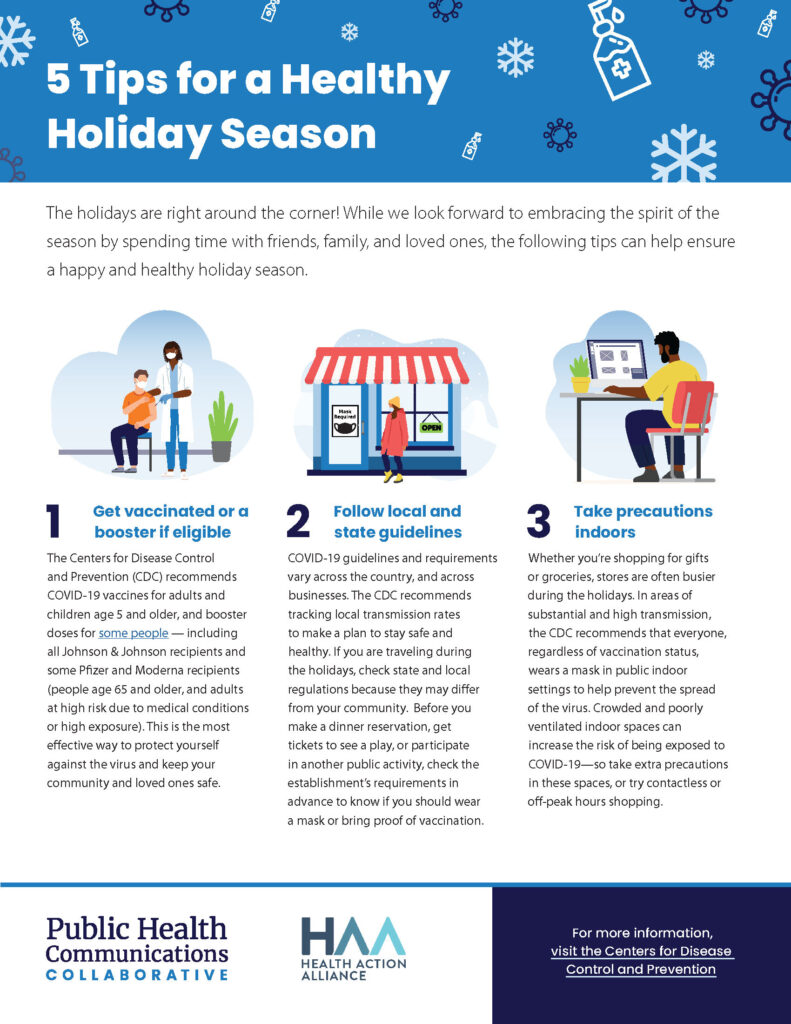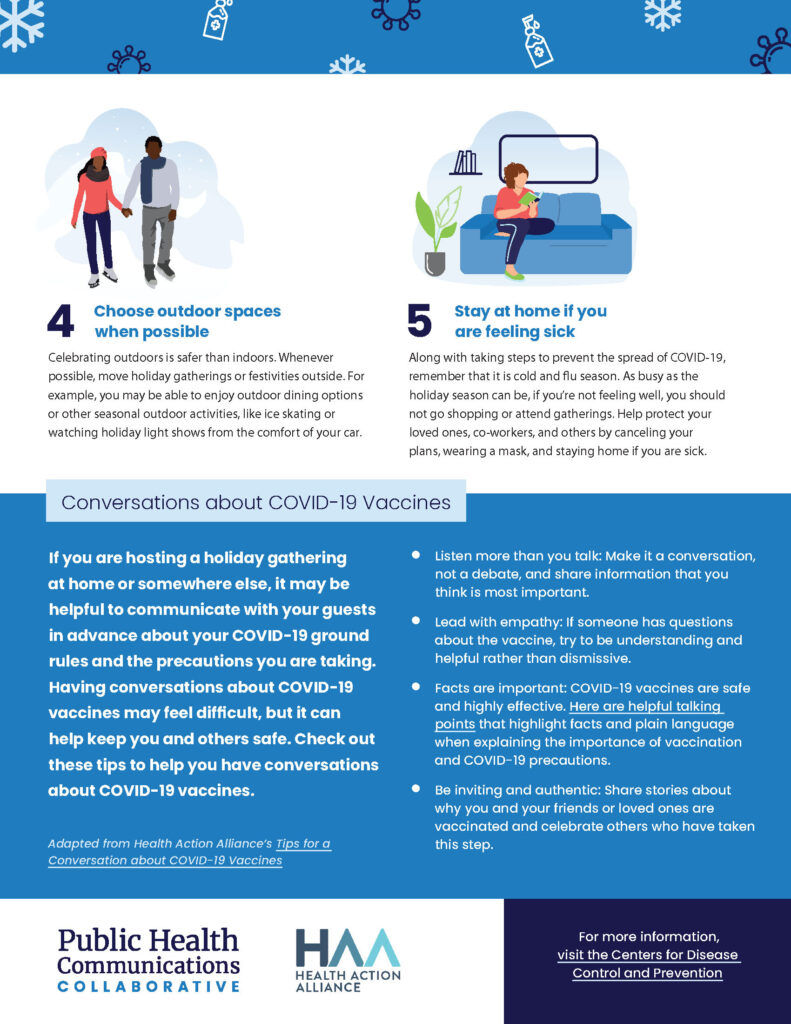Live Well Allegheny: February 2024 E-Update
February 2024
More than 350 Live Well partners are united to make Allegheny County healthy for all to live, learn, work and play!
The Live Well Allegheny update contains information to help make Allegheny County a healthier place for all. Please feel free to share.
Be sure to follow the Allegheny County Health Department on Facebook, Twitter, and Instagram to stay up to date on all ACHD news.
February Health Observances: Women’s Heart Health Awareness and Teen Dating Violence Awareness
Women’s Heart Health Awareness
Cardiovascular disease, explained more in-depth in our January edition of the newsletter, is the number one cause of death for women in the US. The American Heart Association’s campaign, Go Red for Women encourages everyone to come together to motivate, educate, and support each other to sustain longer and healthier lives.
American Heart Association’s campaign, Go Red for Women encourages everyone to come together to motivate, educate, and support each other to sustain longer and healthier lives.
Remember, heart disease is a term that encompasses a variety of different diseases affecting the heart. The most common type in the United States is coronary artery disease, which can cause heart attack, angina, heart failure, and arrhythmias. In Allegheny County, 11% of adults 35 years and older have ever been told by a health care provider that they had a heart attack, coronary heart disease, or a stroke. Controlling high blood pressure and cholesterol are also important prevention strategies. According to the Centers for Disease Control and Prevention (CDC), a 12-13 point reduction in systolic blood pressure (this is the top number on your blood pressure reading) can reduce heart disease risk by 21%, stroke risk by 37%, and risk for death from heart disease or stroke by 25%.
The American Heart Association recommends:
- Learning hands-only CPR: Many people go without help when suffering a cardiac arrest because bystanders are afraid to touch them. Find a CPR certification class in your area:
- Knowing your numbers: Begin a routine to regularly monitor your blood pressure. Encourage a friend or family member to do it alongside you. Take a look at this webpage from the American Heart Association to learn more about how to monitor your blood pressure at home and what the numbers mean. They also have a section on choosing an at-home blood pressure monitor. Monitoring Your Blood Pressure at Home | American Heart Association.
- Joining “Research Goes Red”: Help more women be seen, counted, and represented in cardiovascular research: Research Goes Red | American Heart Association.
- Making well-being work for you: Make sure you are taking care of your mental health and wellbeing just as much as your physical health. Learn what kind of de-stress and self-care practices work best for you.
- Raising awareness: Talk to your friends and family about heart health. Share what you’ve learned from this newsletter, as well as the information in the links shared above. Providing folks with accurate and important health information empowers them to take actionable steps to improve their health and wellbeing.
Teen Dating Violence Awareness
February is Teen Dating Violence Awareness month. Teen dating violence (TDV) affects millions of young people in the US and beyond. This type of violence can be physical, verbal, and emotional. This means that it can take place in-person, online, or though other forms of technology, similarly to online bullying TDV affects lifelong health and wellbeing, but it is preventable, and it is on all of us to help our young people grow up violence-free.
Across the US, 1 in 4 adolescents report verbal, emotional, physical, or sexual dating violence each year. In Allegheny County, 8.0% of adults experienced threats of physical violence by an intimate partner in 2021, slightly less than 10% in Pennsylvania overall. At this time, we only have this data for adults 18 and over in Allegheny County. According to a 2017 CDC survey, LGBTQ+ students are at a 2 to 3 times greater risk of experiencing dating violence than non-LGBTQ+ students (LGB Teen Dating Violence Data | CDC).
The CDC has an evidence-based, violence prevention program called Dating Matters: Strategies to Promote Healthy Teen Relationships. It focuses on 11-14 year olds and includes teaching healthy relationship skills and reducing the behaviors that increase the risk for dating violence. There are also programs for parents that teach and encourage parents to talk to their children about healthy and safe relationships. Check out their webpage for excellent resources on this topic.
Dating Matters provides teenagers with the dating guidance they’re seeking but may not be asking about.
Live Well Schools, do you have any form of a healthy relationship-curriculum in your adolescent classrooms? Consider ways to incorporate healthy relationship lessons for adolescents just before and during the typical age that they begin to date.
Here is a list of resources for talking to teens about healthy relationships, and to support folks who may be dealing with violence in a current or past relationship:
- Human Services (DHS) – Allegheny County, PA
- Additional Resources | Intimate Partner Violence | Violence Prevention | Injury Center | CDC.
- Resources for Victims of Teen Dating Violence | Youth.gov
- Healthy relationships for young adults | Love is Respect
- Break The Cycle
If you or someone you know is experiencing intimate partner violence, please visit this link from the Department of Human Services for resources in Allegheny County: Intimate Partner Violence Resources – Allegheny Connect.
National Domestic Violence Hotline: 1.800.799.SAFE (7233)
National Dating Abuse Helpline: 1-866-331-9474
LWA REACH Updates:
Live Well Allegheny, Racial and Ethnic Approaches to Community Health
What is REACH?
The Allegheny County Health Department (ACHD) received a cooperative agreement from the CDC for the to work in nine priority communities in the county to reduce racial health disparities. A diverse coalition of more than 25 partners are working to increase access to healthy foods, breastfeeding resources, adult vaccinations, and physical activities.
Those of you who are familiar with Live Well Allegheny or have been reading our newsletter for a long time may already be aware of the ACHD REACH Program. However, we want to remind our community members and partners just what REACH is all about. Each month, we will be highlighting a strategy area of REACH, or a specific project within the REACH coalition. See what the REACH coalition accomplished in the first 5 years, from 2018-2023: Racial and Ethnic Approaches to Community Health Story Map.
This month, we are going to focus on the strategy area of breastfeeding. There are two main organizations involved in our breastfeeding strategy, both focused on the goal of improving breastfeeding rates in Black and African American communities in Allegheny County. They aim to do this by improving access to services and support, implementing policies to make it easier on parents to pump at work, and making network of local lactation providers more robust.
Check out the REACH site here: REACH – Live Well Allegheny.
Take a look at the REACH flyer here, available for download: ACHD REACH One-Pager.
Who is involved?
- Continue policy work to address the disparities in the rate of
 breastfeeding between Black and White women in the REACH communities.
breastfeeding between Black and White women in the REACH communities. - Level Up Greater Pittsburgh Pay Equity Campaign launched in 2022: Addresses pay equity and the creation of breastfeeding family-friendly workspaces where Black women feel respected, valued, and protected.
- Work with local companies to develop workplace policies that align with the PUMP Act, which gives nursing parents the right to break time and private space to pump milk during the workday.
Healthy Start Inc. and the Pittsburgh Black Breastfeeding Circle
- Establish a Clinical-Community Lactation Network (CCLN) committed to improving the breastfeeding continuum of care and deepening the impact, connection, and sustainability between clinical and community
 perinatal support providers.
perinatal support providers. - Coordinate and provide professional development, such as Breastfeeding 101 training across community-based and clinical lactation professionals.
- Expand existing strategies and identify new strategies to increase Black breastfeeding duration at six months postpartum.
- Promote a village approach to change the future of breastfeeding in
 the Black community via education, advocacy, and on-demand phone, virtual, and in-person support.
the Black community via education, advocacy, and on-demand phone, virtual, and in-person support.
Live Well, Be Well
Let’s Get Walking, Allegheny County!
It can be difficult to get enough exercise during the winter months, especially when there is ice and snow on the ground and frigid temperatures in the air.
Every step counts, especially when it comes to heart health! During American Heart Month, let’s challenge ourselves to take more steps each . Whether it’s a quick stroll or a brisk walk, every movement brings us closer to a healthier heart. Tips for Getting More Active Minutes
If you cannot safely walk outside, or do not have access to a gym or treadmill, try going for walks around your closest mall or museum. Alternatively, why not dance to your favorite music in your living room to work up a sweat? Get started slowly and work your way up to 150 minutes of physical activity per week (or almost 22 minutes per day) to aid in preventing chronic diseases!
Find a local walking or hiking group in Allegheny County.
Venture Outdoors often hosts hiking and walking events for a low cost at all levels of difficulty. Some even function as walking tours, incorporating facts about the history of Pittsburgh and Allegheny County and notable sites along the way.
Check out Meetup.com to find dates and times for various walking, hiking, and running groups.
Explore your local municipal parks or check out the Western Pennsylvania Conservancy Preserve nearest you:
- Trails and Hiking – Allegheny County, PA
- Explore Our Preserves – Western Pennsylvania Conservancy (waterlandlife.org)
Look for Facebook groups local to your area, such as Pittsburgh Hiking or PGH Walks.
Founded in 2022, Pittsburgh Girls Who Walk has become a popular walking group among young women but is open to all ages.
Community Health Survey
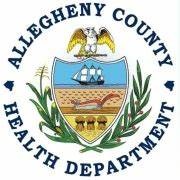 The Allegheny County Health Department (ACHD) is encouraging residents to participate in a community health survey. The community health survey for residents covers a variety of topics such as health care access, chronic disease, health risk behaviors, environment, maternal and child health, and mental health and substance use disorder. Survey results will inform the Health Department on its progress towards the goals laid out in the Plan for a Healthier Allegheny, a multi-year countywide plan that focuses on physical, behavioral, and environmental health across the county.
The Allegheny County Health Department (ACHD) is encouraging residents to participate in a community health survey. The community health survey for residents covers a variety of topics such as health care access, chronic disease, health risk behaviors, environment, maternal and child health, and mental health and substance use disorder. Survey results will inform the Health Department on its progress towards the goals laid out in the Plan for a Healthier Allegheny, a multi-year countywide plan that focuses on physical, behavioral, and environmental health across the county.
“Results from this survey will help the Allegheny County Health Department better understand the health needs of our community,” said Dr. LuAnn Brink, Deputy Director for the Allegheny County Health Department Bureau of Data, Reporting & Disease Control. “When Allegheny County residents participate in this survey, it helps us gather the information we need to plan for and take action to improve health equity and ensure that we have a healthier Allegheny County for all.”
The Public Health Assessment Survey is a web-based survey that is focused on achieving broad and diverse participation among county residents. The survey is compatible with smart phones and will remain open through April 2024. The Health Department hopes to have 3,000 participants from the county’s population of almost one million adults.
The survey is available at https://bit.ly/pghachd.
Chronic Disease Spotlight
According to the CDC, six in ten adults in the U.S. have a chronic disease and four in ten adults have two or more chronic diseases Chronic Diseases in America | CDC. Each month this section will highlight a common chronic disease and provide educational resources.
Let’s Talk about Alzheimer’s Disease, Related Dementias, and Our Aging Population
Allegheny County, Pennsylvania has one of the highest percentages of people over 65 in the country, at 19.7%. Alzheimer’s Disease was identified as the 7th leading cause of death in Allegheny County in 2020, and 6th overall in the United States. In 2021, 10% of adults in Allegheny County 45 years and older experienced “more frequent or worsening confusion or memory loss in the past year.”
has excellent resources on reducing one’s risk of developing Alzheimers and Dementias and protecting brain health. Check out Dementia-Friendly Greater Pittsburgh’s toolkit for ways to best support our neighbors living with dementia: Dementia-Friendly Greater Pittsburgh: A Dementia-Friendly Toolkit for the Community.
How can you maintain your best brain health?
According to the CDC, there are 7 main lifestyle changes we all can make to keep our brains happy and healthy.
- Quit smoking.
- Maintain healthy blood pressure level.
- Be physically active.
- Maintain a healthy weight for you.
- Get enough sleep.
- Stay engaged in your community and social life.
- Manage blood sugar.
Read more about them here: Maintaining Your Brain Health. Luckily, these lifestyle changes are the same ones that one should engage in to prevent many of the most common chronic diseases.
What is happening in Allegheny County to make it an Age-Friendly place to live?
The Allegheny County Health Department got awarded the CDC BOLD (Building Our Largest Dementia Infrastructure) grant in 2023. This grant will allow the county to collaborate with community partners to improve health disparities, educate communities and health care providers, and increase community-clinical access. This effort will include all residents, with a special focus on Black and low-income communities in Allegheny County.
Age-Friendly Greater Pittsburgh (AFGP) is an organization dedicated to bringing generations together to reimagine how Pittsburgh’s neighborhoods are built and to advance equity through advocacy, education, and innovation. Check out Age Friendly Greater Pittsburgh and the work that they do.
For Live Well Municipalities and Community Partners, take a look at the Aging Your Way Toolkit from the Southwestern Pennsylvania Partnership for Aging. It has information on fostering Age Friendly Communities to help your neighborhood be friendlier and more inclusive for all ages and abilities. Age Friendly Neighborhoods should be great places to grow up and grow old!
You can become a Dementia Friend. Make a positive difference in the lives of people living with dementia – Dementia Friends PA. Developed by the Alzheimer’s Society in the United Kingdom, the Dementia Friends initiative is underway in Pennsylvania. By helping everyone in a community understand what dementia is and how it affects people, each of us can make a difference for people touched by dementia.
Here is a list of Essential Numbers for older adults that can be printed out and posted in a highly visible area: Age-Friendly Essential Numbers for Download and Print.
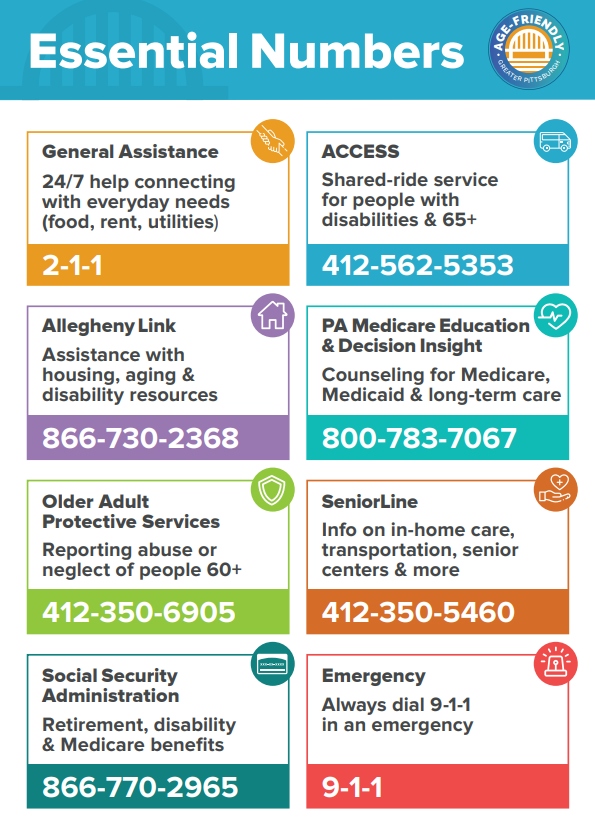


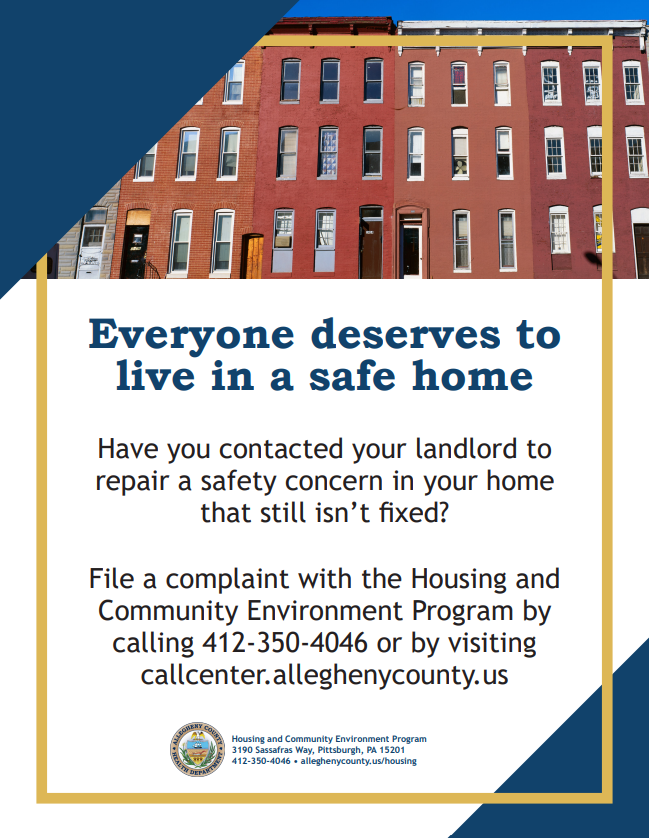




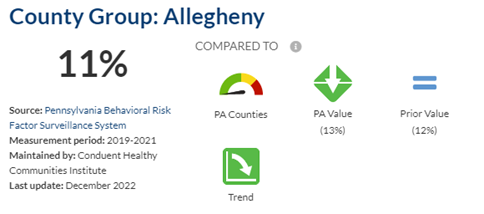

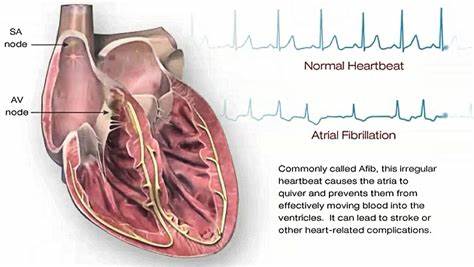
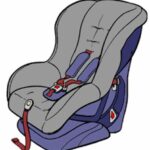
 Observer-Reporter Best of the Best for 2023”! The Bethel Park Farmers’ market offers visitors fresh, delicious, and healthy foods and drinks every Tuesday in season. Check them out at their website
Observer-Reporter Best of the Best for 2023”! The Bethel Park Farmers’ market offers visitors fresh, delicious, and healthy foods and drinks every Tuesday in season. Check them out at their website  Rethink Your Drink is a campaign that promotes education on the effects of consuming sugar-sweetened beverages and to encourage healthier beverages choices. Materials are available to participate in the campaign through the use of our toolkit with activities, sharable social media messages, promotional water bottles and stickers.
Rethink Your Drink is a campaign that promotes education on the effects of consuming sugar-sweetened beverages and to encourage healthier beverages choices. Materials are available to participate in the campaign through the use of our toolkit with activities, sharable social media messages, promotional water bottles and stickers.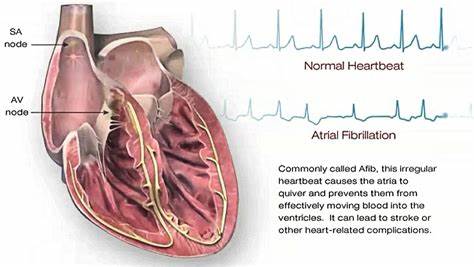 Atrial Fibrilation
Atrial Fibrilation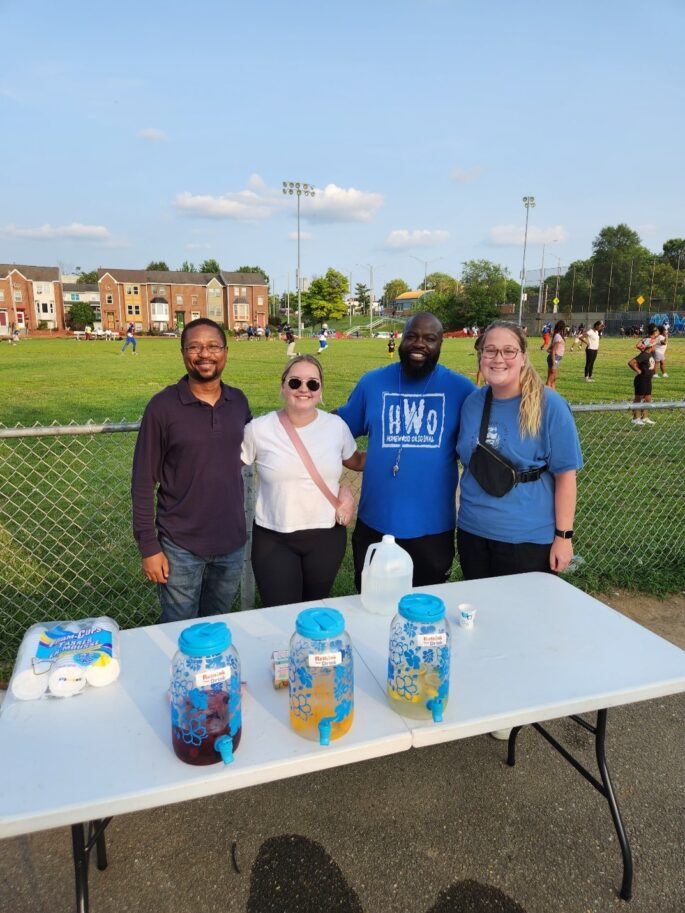







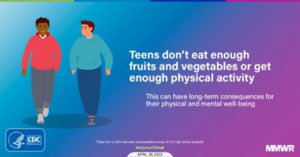


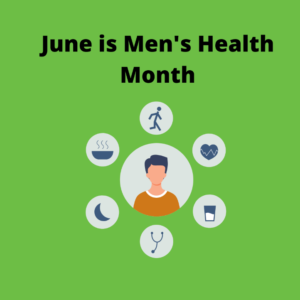
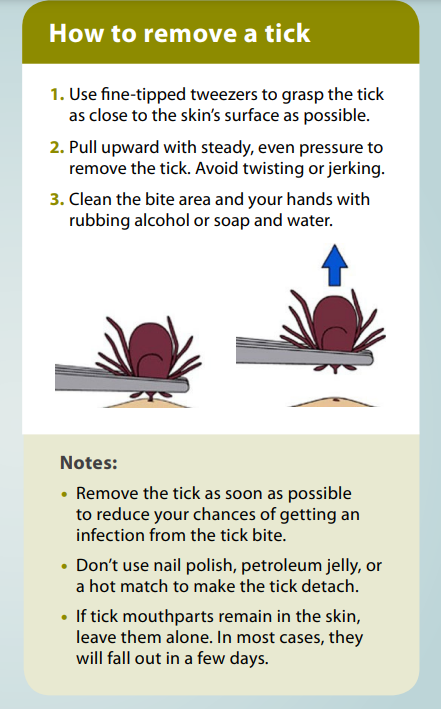



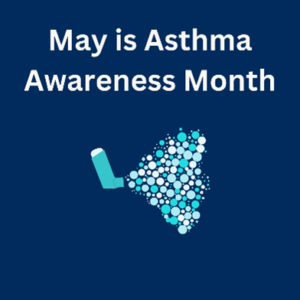

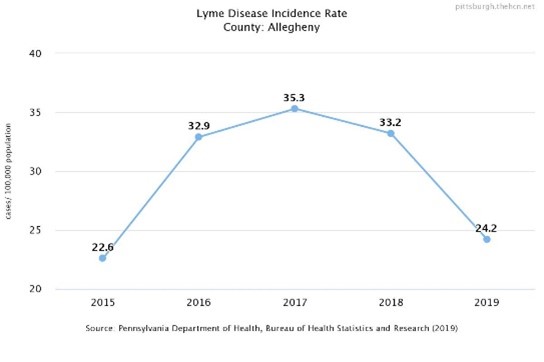
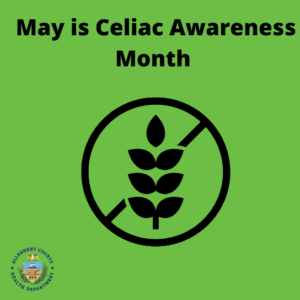
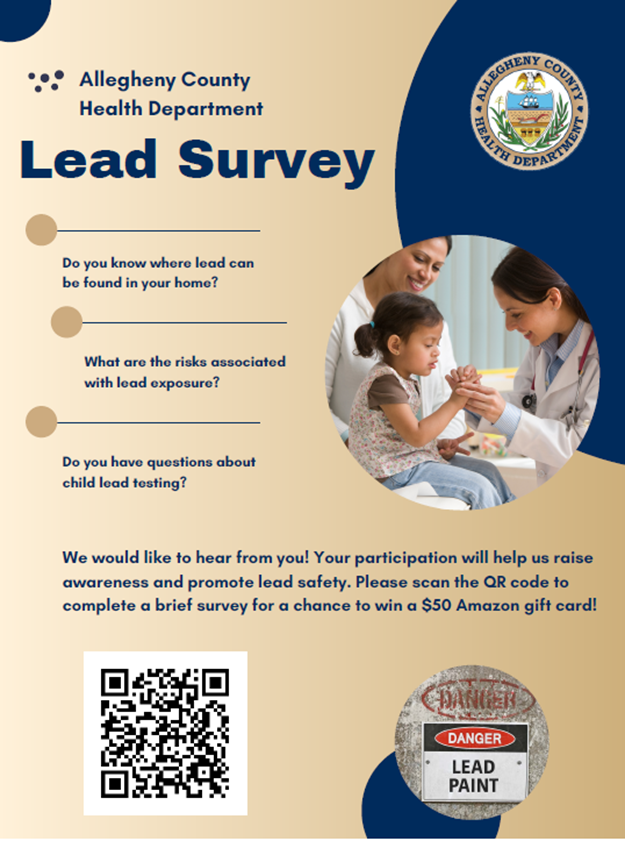







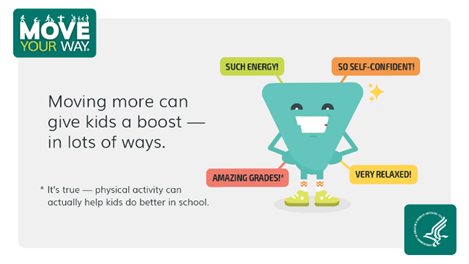



 Added Sugars
Added Sugars
